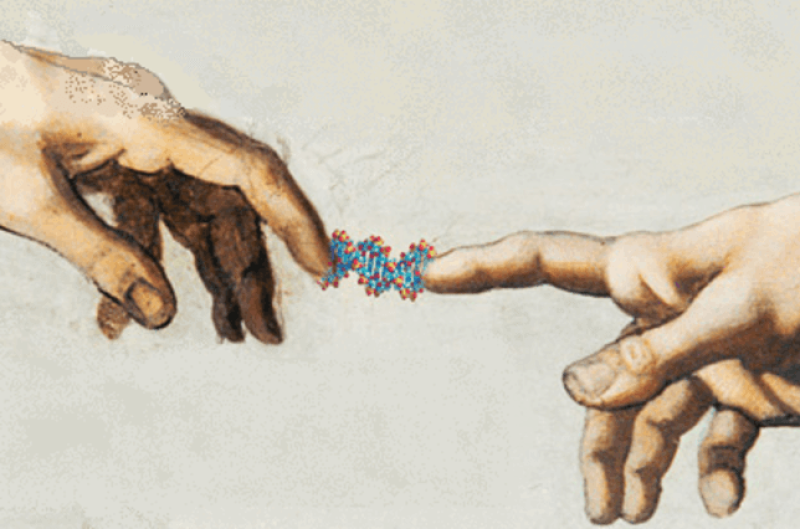While few would object to editing genes to cure devastating diseases, CRISPR technology has the potential to alter the health, behavior, and appearance of every life form. Some fear that in unscrupulous hands, CRISPR might one day be used to create humans genetically enhanced for intelligence, beauty, and strength.
…
[T]he Broad Institute’s recent license of its CRISPR patent portfolio to Monsanto exemplifies a potentially powerful new solution to this temporal problem: using patent licenses to restrict socially controversial applications of a technology. During a patent’s term, one may not practice an invention claimed in the patent without a license from the patent holder. By prohibiting uses the patent holder deems unethical, a patent license can function as a tool of private governance. And because the patent right is limited in duration, this approach has a built-in expiration date far enough in the future to provide policy makers and broader society more time to move deliberatively toward policy solutions.…
Using patent licenses to pause worrisome applications of emerging biotechnologies has several advantages over formal policy making and standard setting…[For instance,] unlike most professional guidelines, licensing restrictions are enforceable in court, and a licensor may include penalties in the license for violating those restrictions…[U]nlike laws and government regulations,…patent licenses can be tailored to the specific circumstances of their parties, who are motivated to ensure that any use restrictions are appropriately narrow.
The GLP aggregated and excerpted this blog/article to reflect the diversity of news, opinion, and analysis. Read full, original post: The rise of the ethical license































